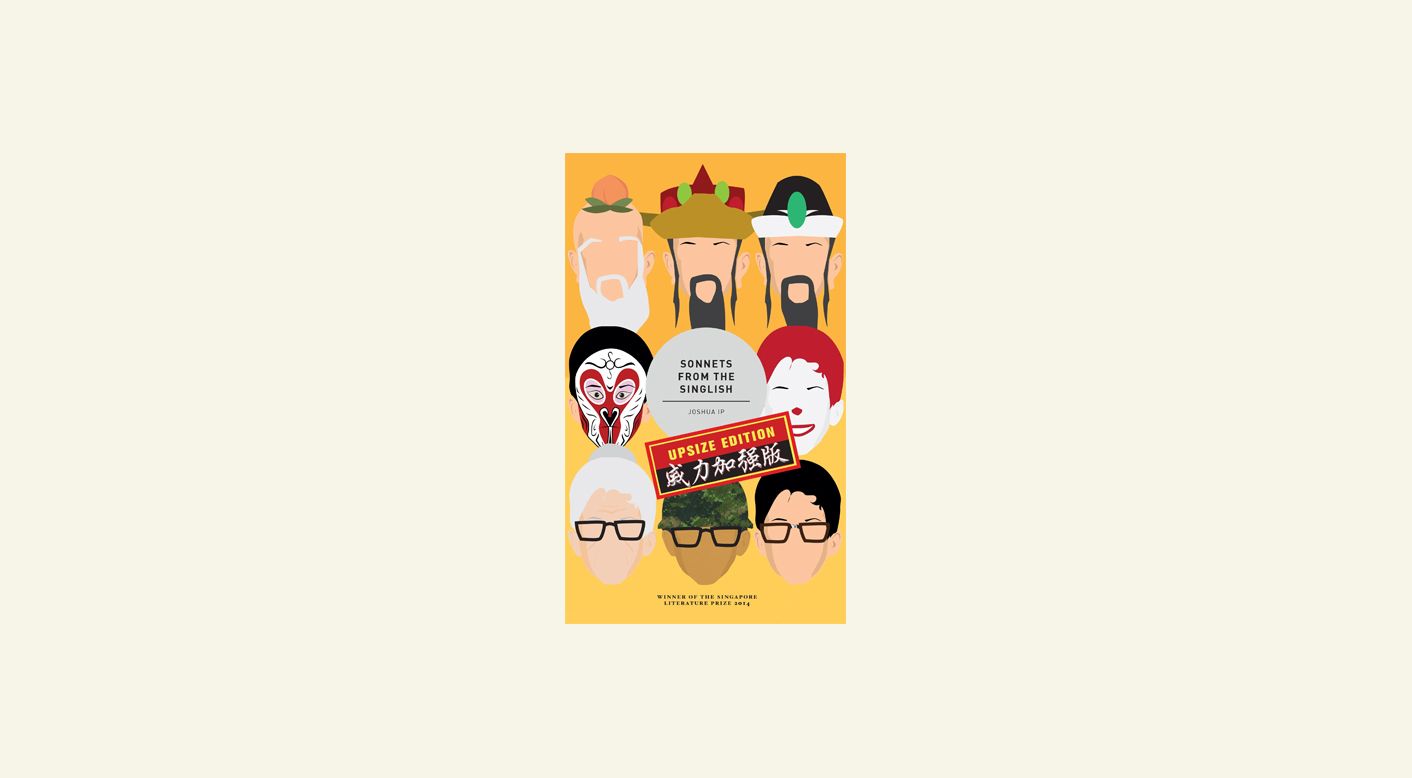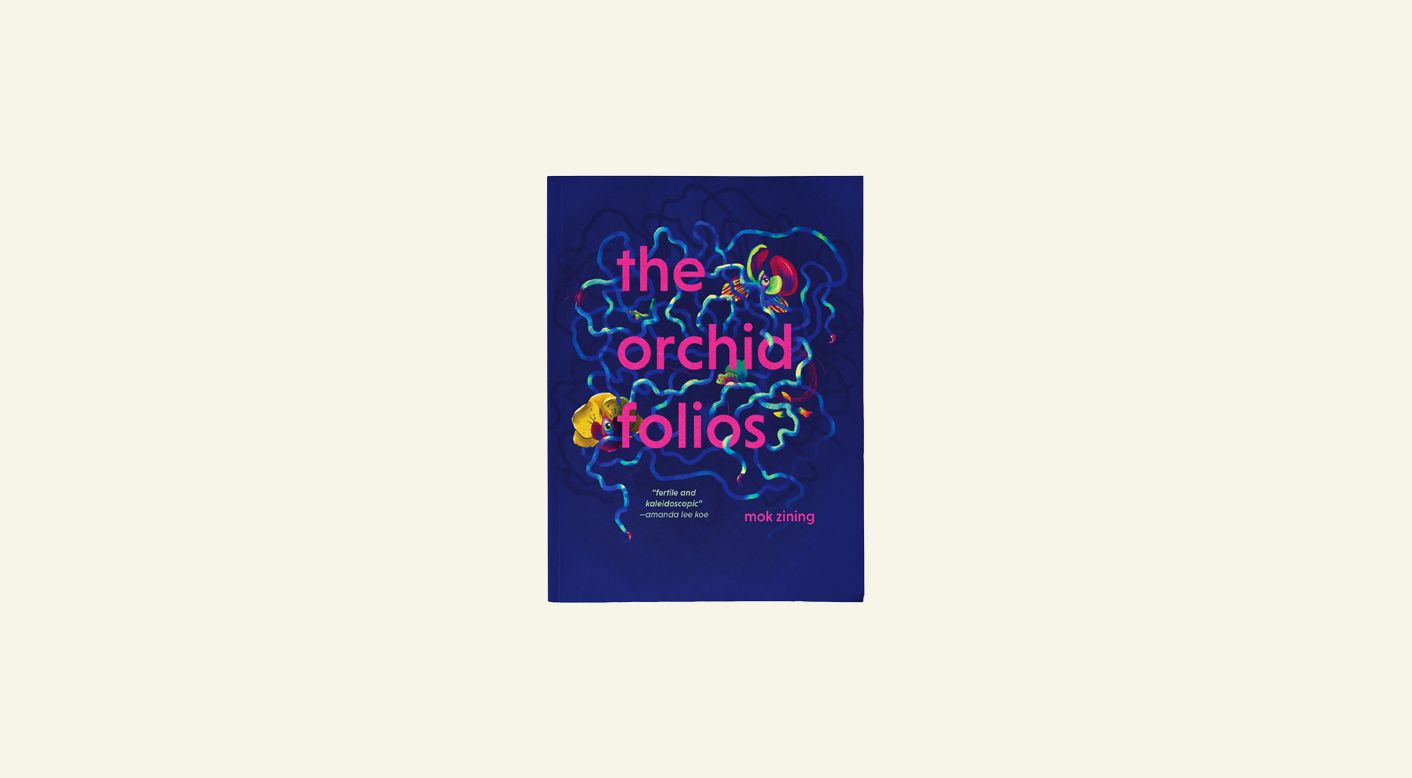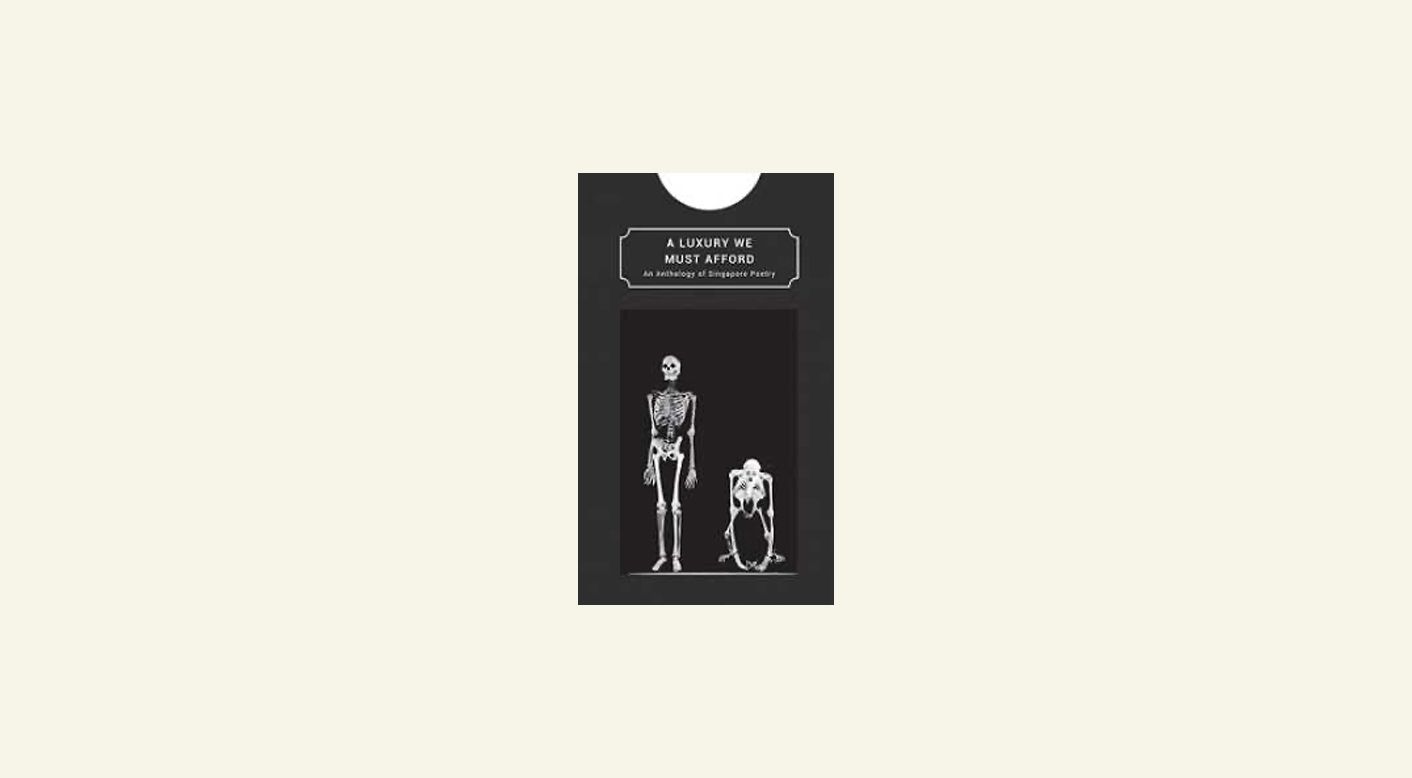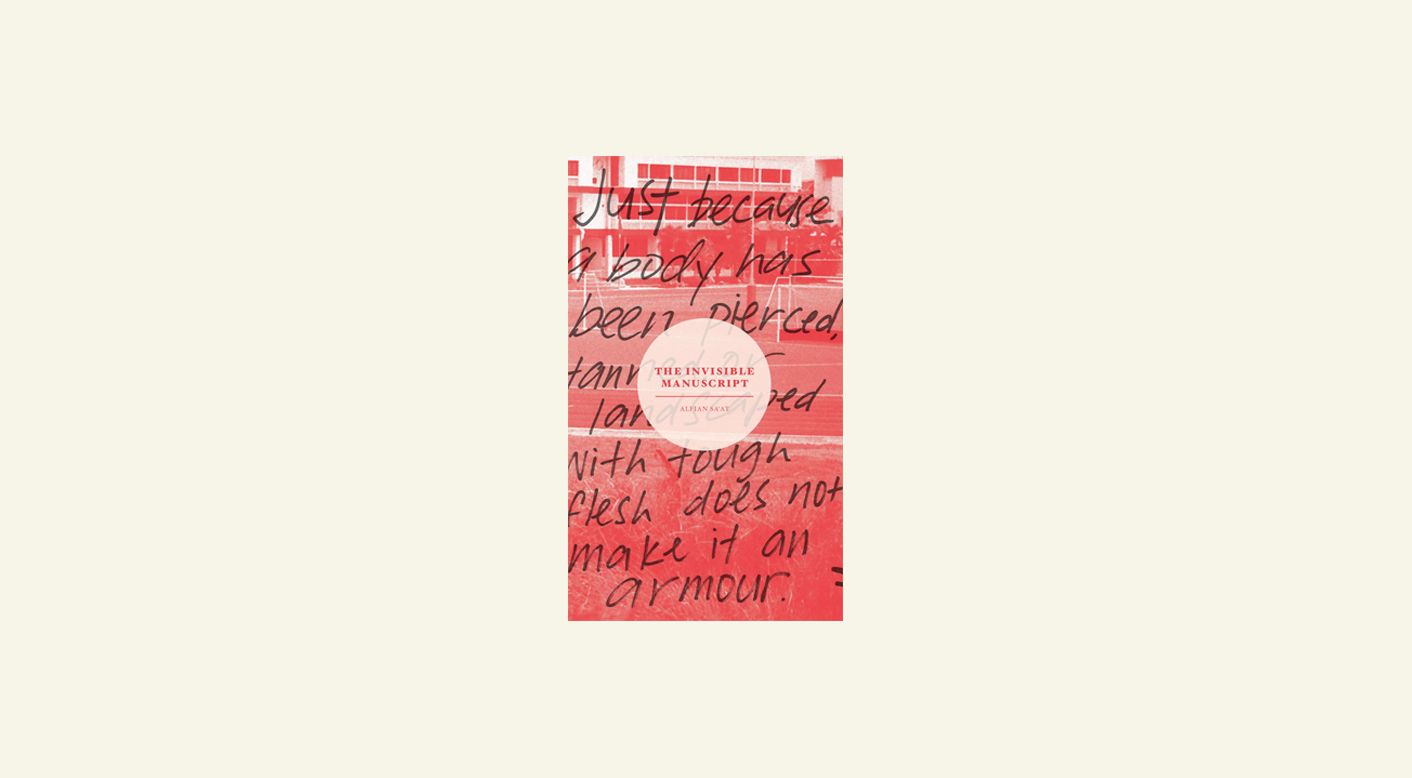In 1968, founding Prime Minister Lee Kuan Yew told a room of University of Singapore students, "poetry is a luxury we cannot afford". For Singaporeans then needed to tend to matters more pressing for the nation, so "technical education [was] more important". It's an attitude that has unfortunately persisted past its context; in many ways the country's perception of poetry, and the arts, isn't so different from what it was, decades ago. Yet, as poet Pooja Nansi points out, matters "in life and in the human condition", "of belonging, identity and loss... cannot be quantified, neatly packaged, or [necessarily] named"... after all, they resist Singapore's pragmatism. And it's moments and situations in which we have to confront what we can't know for certain, when poetry can offer us solace. Therefore, here we've compiled a list of local poets, and anthologies we might turn to, so they might "give us language where we have none". After all, as editors Christine Chia, Joshua Ip and Cheryl Julia Lee proclaim, poetry is "a luxury we must afford".
Sonnets From The Singlish: Upsize Edition by Joshua Ip

In this curation, at least, it's likely Joshua Ip's sonnets that are most relatable and accessible. I've enjoyed "chope" (as did my students, in my past life), in which Ip asks:
is there an issue of sincerity
if over coffee, talk turns by and by
towards the prospect of a hdb?
would it be disrespectable if i,
while at a hawker stall, drop to a knee,
and place a tissue packet on your thigh?
Of the 88 sonnets, in this collection, 44 in Ip's first edition co-won the Singapore Literature Prize for English Poetry in 2014. Read, for poetry that is as "breezy and digestible" as it is profound. For "Ip's greatest strength lies in crafting absurd scenarios, which vividly and concisely capture the gist of his philosophising" (The Business Times).
Get your copy here.
The Orchid Folios by Mok Zining

“When you take an orchid out of its pot, you must first loosen the roots’ hold on the soil. Late last evening as I unravelled the braids of the shattered phalaenopsis, I saw how the ends were white and shrivelled from neglect. You have to do it gently - it’s like combing hair. I remember Mum’s fingers running through mine, and mine through hers, until the final months when all of it started to fall.”
At once a poetry collection and a documentary novella, The Orchid Folios reimagines the orchid as a living, breathing document of history: a history that enmeshes the personal, colonial, linguistic, and biotechnological with the Vanda Miss Joaquim, the symbol of Singapore’s postcolonial hybridity.
When asked, about her use of the floristry metaphor, in an interview with Vogue, Mok shares:
"During the earlier stages of drafting, I spent a lot of time reading etymology and dictionary entries. I was really struck by how words develop, and I realised how, so often when we use a word, we’re only activating one of the many meanings that the word carries. That’s where “A word is a cutting” came from. The language of arrangements provided a frame for me to think about how historical narratives are crafted, trimmed, and arranged for specific agendas. I think that it’s important to realise that Singapore is not a flower shop, and controlled arrangements can only go so far. One of my biggest goals was to write about orchids and plant life without immediately reducing them to metaphor and symbol. I wanted to write about plants as actual living things."
Get your copy here.
A Luxury We Must Afford, edited by Christine Chia, Joshua Ip and Cheryl Julia Lee

Released in 2016, A Luxury We Must Afford is companion to A Luxury We Cannot Afford, an earlier anthology focused on founding Prime Minister Lee Kuan Yew's assertion, if it held true in the 2010s. Conversely, A Luxury We Must Afford is certain there is the need to step up, to reimagine possibilities for our nation, to speak out for hope and humanity in the face of an always fraught, and uncertain future. Find in this anthology a collection of narratives, of Singaporeans shaping their own future, a cornucopia of hyper-modern dreams of robots and aliens, and also tales of muted despair at a future slipping out of touch, with the past...
Get your copy here.
Call And Response: A Migrant/Local Poetry Anthology, edited by Rolinda Onates Espanola, Zakir Hossain and Joshua Ip

Call And Response gathers the voices, of more than 30 "migrant" poets, and pairs them with a creative response from "local" writers; in this initiative, as metaphors and memories reflect and refract through each poet's unique prism of language, we find equality, respect and compassion in an inclusive and safe space.
Get your copy here.
The Invisible Manuscript by Alfian Sa'at

Written at 22, and unofficially distributed to friends and colleagues, The Invisible Manuscript is a collection of poems and prose fragments that intimately explore homosexual longing... it's poetry that is full of confession, ambivalence and epiphany that shock and devastate. In his Preface, poet Cyril Wong presents Sa'at's collection as political, in that he uses "the gay male psyche" in order "to expose the haunted dimensions of a marginalised sexuality" in Singapore. At the same time, gestures of love resist politicising in The Invisible Manuscript, they're seen as they are. Read, for unfulfilled desire, explored fiercely by one of Singapore's most outspoken and critical writers.
Get your copy here.
In a Singapore Unbound interview, Mok Zining is asked, if poetry is, as she has herself asked of floristry in her opening sequence, frivolous. This is her reply:
"I used to feel quite bothered by the sentence, “Poetry is a luxury we cannot afford.” But the funny thing, I’ve realised, is that this sentence persists in our consciousness because it uses poetic devices successfully. Just say it out loud and listen closely: “Poetry is a luxury we cannot afford.” There is linguistic pleasure in the repetition of the sounds and rhythms of “poetry” and “luxury.” Both are lush words: note the round vowel sounds, the almost crunchy consonants. It almost makes me want to say “poetry is a luxury” over and over again. The sentence then proceeds to land with perfect technique: on a stressed syllable, signaling finality, firmness, authority. All of this is couched in the extended metaphors of pragmatism and economic development, which fit flawlessly into our national narrative. I could go on and on with my close reading, but I think there’s no longer any need. Clearly, poetry is not frivolous."
Click here to look through this week's curation, on Singapore poetry!


